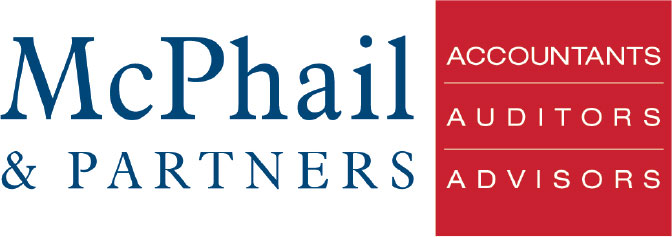The ATO has reminded employers that the superannuation guarantee (SG) amnesty closed on 7 September 2020. The amnesty enabled employers to self-correct historical SG underpayments, without incurring the normal penalties, for SG shortfalls from 1 July 1992 until 31 March 2018.
Any amnesty applications received by the ATO after 11:59pm on 7 September will not qualify for the
amnesty and but instead will be treated as a standard lodgment of a super guarantee charge (SGC) statement.
The ATO will notify late applicants in writing of the quarters that aren’t eligible for the SG amnesty and charge the administrative component ($20 per employee per quarter), also considering whether to remit the additional SGC penalty (up to 200%). A minimum penalty of 100% will apply if the ATO subsequently commences an audit in respect of non-disclosed quarters covered by the amnesty.
The ATO will issue a notice of amended assessment with the increased SGC amount owing. Any SGC payments made after 7 September 2020 are not deductible, even if they relate to SG shortfalls disclosed under the amnesty.
To retain the benefits of the amnesty, the law requires an eligible employer to pay the outstanding SGC amount in full or enter into a payment plan with the ATO. Note that the SGC amount disclosed in an amnesty application must be paid to the ATO (not the employee’s super fund).
Amnesty payments made after 7 September 2020 are not deductible (including amounts paid under a payment plan after 7 September). If an employer is subsequently unable to maintain payments under a payment plan, the ATO will disqualify the employer from the amnesty and remove the amnesty benefits for any unpaid quarters.
